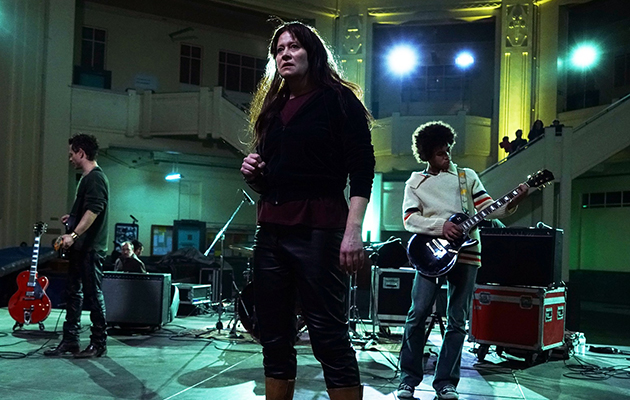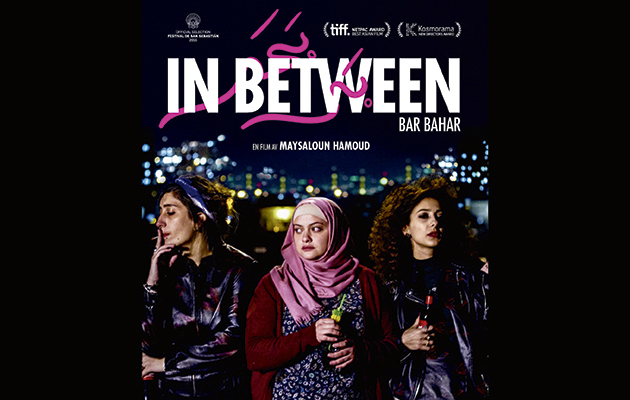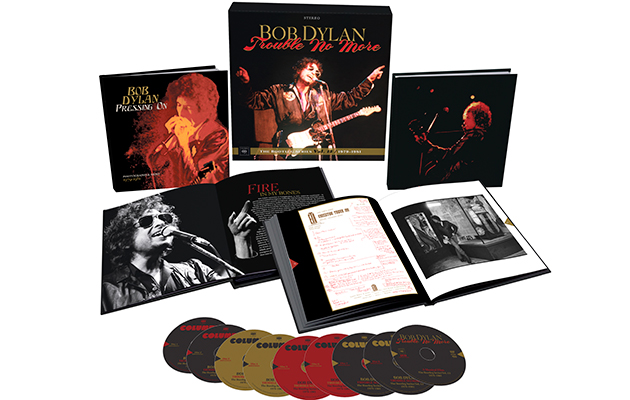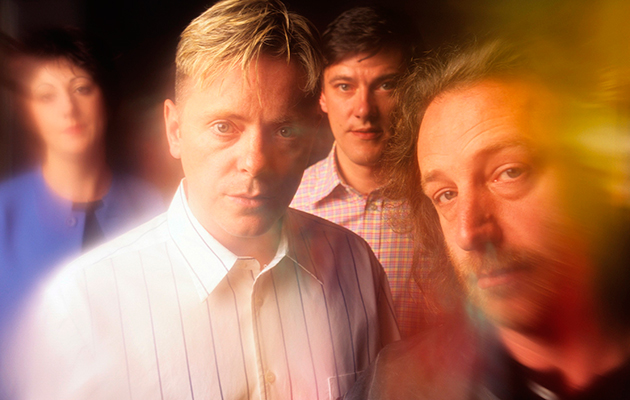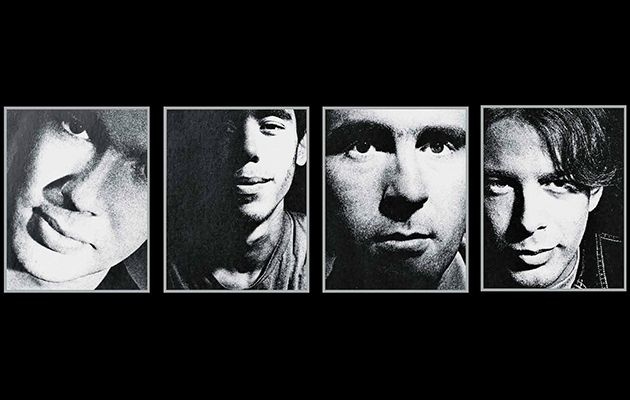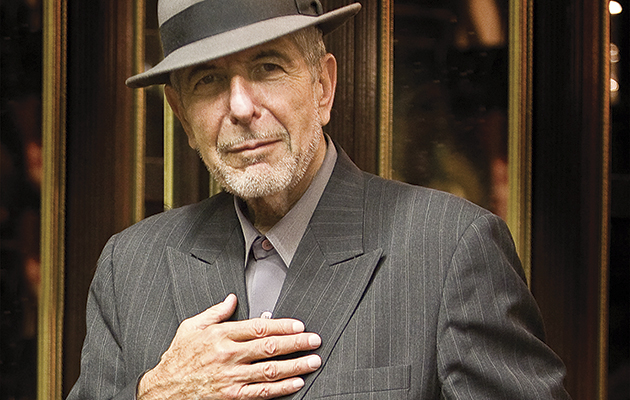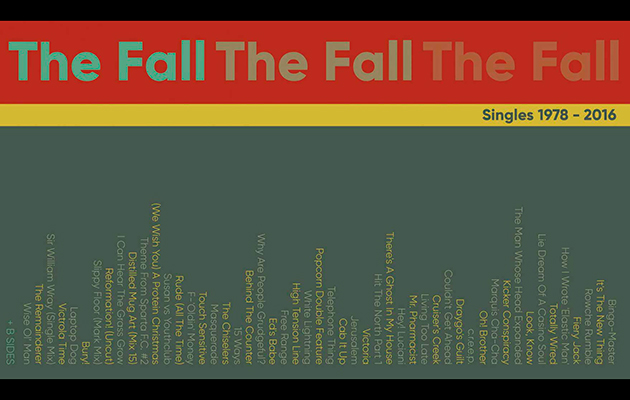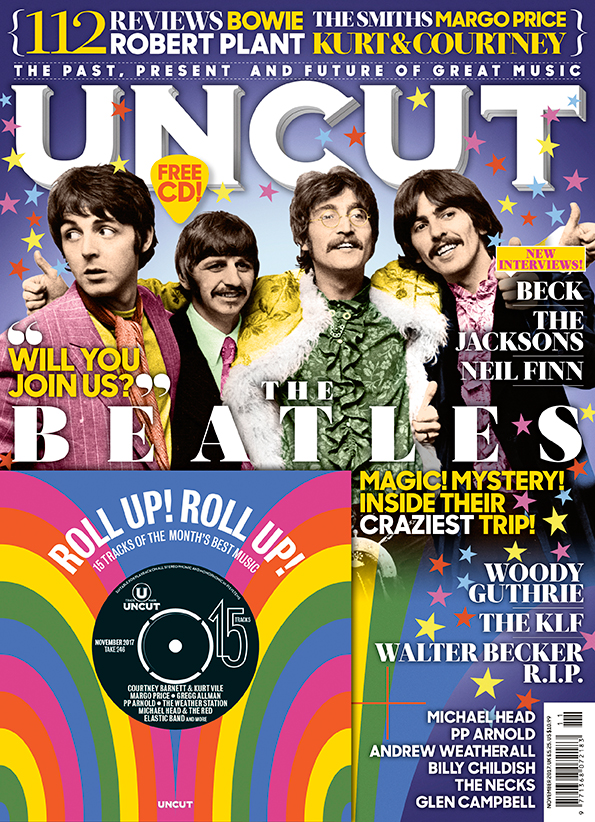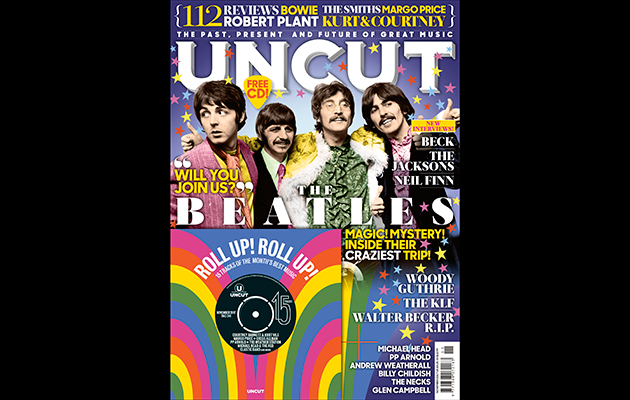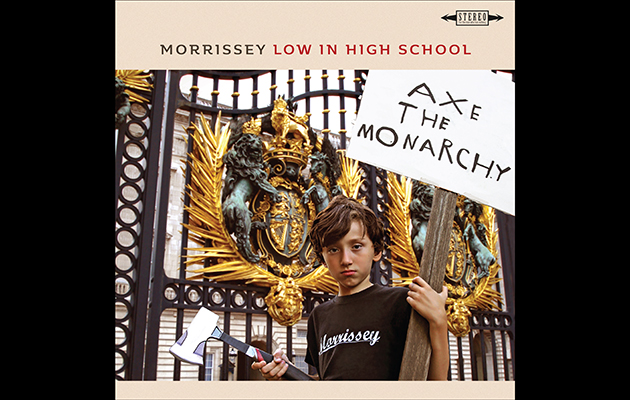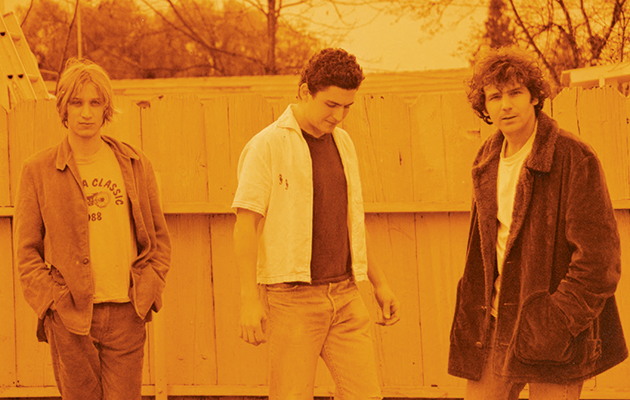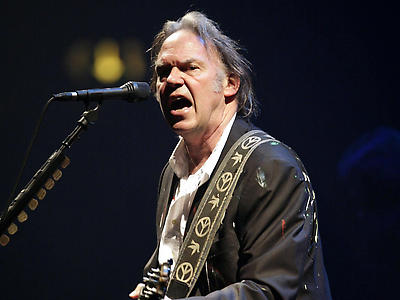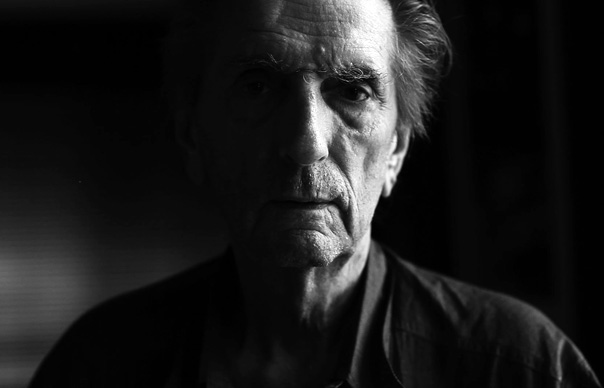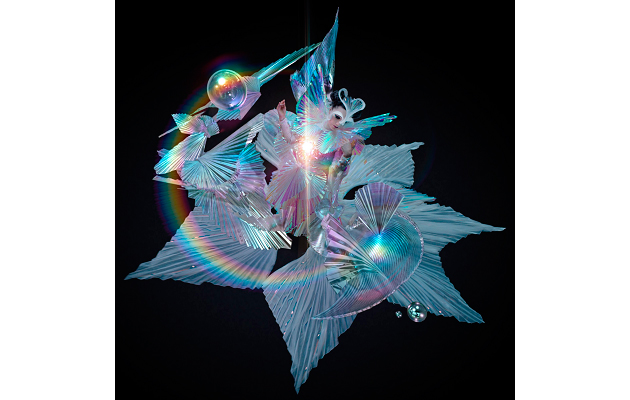Jane Birkin took us through her life in music in the June 2017 issue of Uncut, but here’s the full version, in which Jane recalls dealing with bomb threats with Serge Gainsbourg, learning about classical music with John Barry, and being mistaken for Françoise Hardy…
______________________________
Judy Campbell
A Nightingale Sang In Berkeley Square
1939
My mother was on the sheet music, and she was the muse, she was the one that Eric Maschwitz wrote for. He also wrote the lyrics for “These Foolish Things” for her too – “the phone that didn’t answer” was my mother. She was an inspiring force for those songs, yes. She sang it in England for the morale for the troops, of course, but also in the theatres during the bombs in London. She was good fun – and when the bombs used to drop to left or right of the theatre, she used to cup her ear in her hand, and then wait for the bomb to go off, and then go on singing, and people were standing up cheering. I didn’t know this until she died, someone told me, because she went off to sing “A Nightingale…” after 9/11 and they remembered having seen her in London during the bomb raids. I wish I’d known, just to have had her memories, really, it would have been nice. I heard her singing this, but when she was very very old. I think the very original song on those albums that you could break over someone’s head, which if I remember right, between my parents I think they were all broken. And then of course Vera Lynn took it over, and exasperatingly her version is the one that often gets played – but it was ma who started off with it. If anyone has a version of it, I’d be very very pleased! I think I’ve got one of the original records, but it’s very scratched.
______________________________
Elvis Presley
Are You Lonesome Tonight
1960
I was at boarding school, I was able to dance with the girl I adored, who was my superior in every way. It was for senior dancing, at an all-girls school, and I just remember dancing with Jane Welkley to “Are You Lonesome Tonight”. I’d bought what someone made me believe was the heart of a tree, and I’d put it in Bronco toilet paper, and I had it in my pocket to slip her at the end of the song. Because I think she was leaving the school or something. I just remember the passion I had for this beautiful, beautiful girl, and how she was No 1 in everything, and I was always letting her down. Everytime she saw me, it was, “Oh, Jane…” I could never get good enough reports for her, and I could never be the head of the house… I remember I painted a poster for Scott, our house, and that she asked me to do that, and that I felt that I’d done quite well, but nothing really in comparison to her beauty. I should think she was a couple of years older than me. It all seems very much older when you’re that age. I used to clean her plimsolls, and then by the time I got to be what her age was, another little girl was cleaning my plimsolls! Sort of tragic affairs of the boarding school… The cycle goes on. I think this was when I was 12, it was sort of Elvis’ second coming around, so I think perhaps he wasn’t shocking any more. I wasn’t brave enough to say Elvis Presley for being the person I thought about the most – Cliff Richard was the one I had pinned up above my bed, in a bathing suit, I think, unappropriately! I think my mother took us off to see Summer Holiday and she was very much disapproved of for having dared to take these schoolchildren of 14 off to see this shocking musical. It can’t have been very shocking, but it was for the other girl’s parents – my mother had a mauve sports car, which probably added to the thrill! So I’d like to say it was Elvis Presley right from the start and show how knowlegable I was about music, but it was in fact Cliff who was the one who was closest to my heart. He was good!




